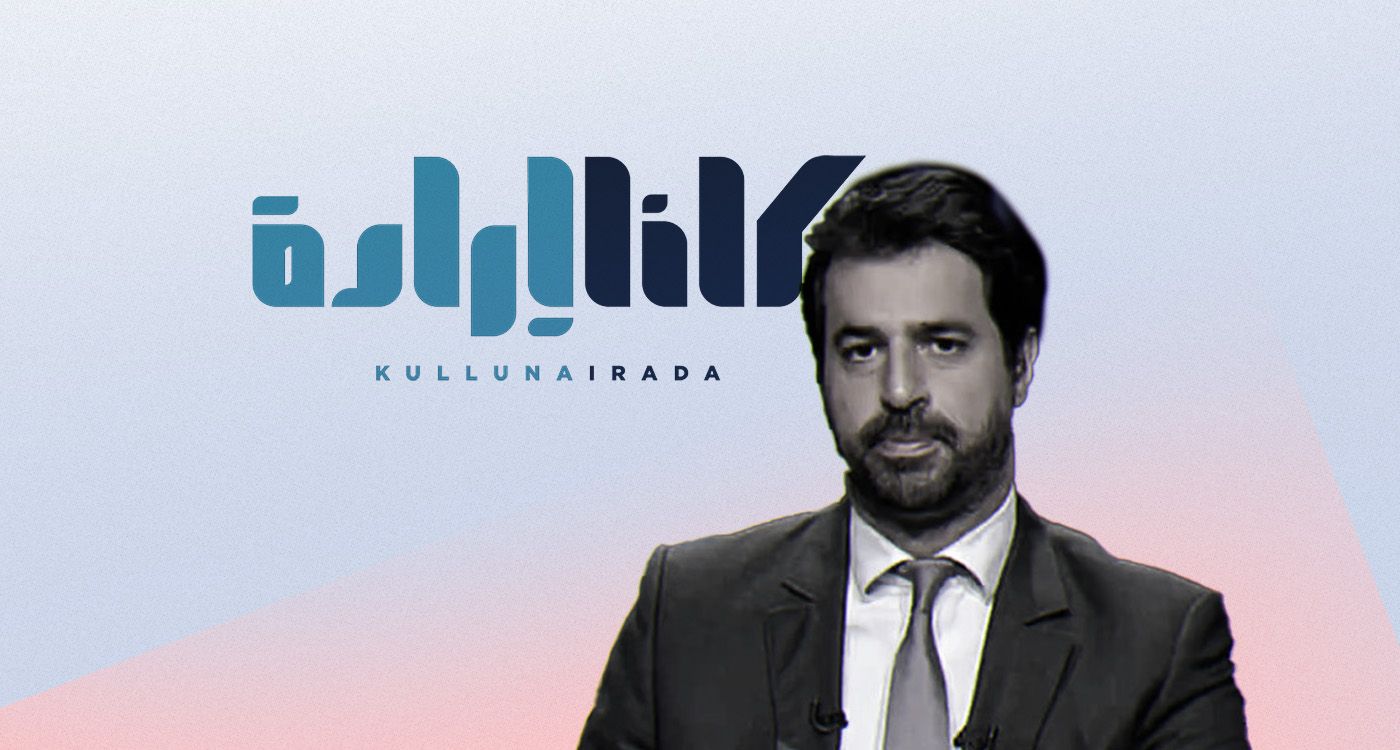
The article written by Albert Kostanian, published on al-Modon’s website and titled “Announcing Defeat,” stood out. He begins with the statement: “After nearly six years of media and technical battles, the time has come to announce defeat.”
In this article, where every sentence could be analyzed, it is important to focus on several key points, the most notable being:
1. His acknowledgment that he fought a battle for six years “with a handful of decent people,” as he describes them, against the “gang of banks.” In the spirit of transparency that Kostanian claims, it would have been valuable for him to disclose the tens of millions of dollars spent “with a handful of decent people” from the Kulluna Irada organization on media outlets in Lebanon, all aimed at swaying public opinion and mobilizing support for their dubious plan to dismantle Lebanon’s banking system. This plan served two objectives: erasing the state’s debt by dismantling the deposits of Lebanese citizens, and collapsing the banking system to make way for Kulluna Irada’s gang through their proposal for five alternative banks, which was part of the disastrous plan of former Prime Minister Hassan Diab’s government.
2. Kostanian takes pride in his history of opposing Hezbollah to refute the claim that he has become an “objective supporter of Hezbollah.” However, he conveniently ignores the fact that his strong defense of the government’s failure to honor bond payments under Diab’s administration helped foster a cash-based economy, which directly supported Hezbollah, its parallel economy and its bank, al-Qard al-Hassan.
3. Kostanian defends the “advisors,” particularly his friend Henry Chaoul, without directly naming him, as Chaoul is a key player in securing funding for him and a handful of Kulluna Irada supporters in the written press, on certain TV channels and on social media platforms.
Furthermore, he rejects the notion that the crisis is systemic, instead insisting that the banks and their boards of directors failed to carry out their duties with necessary professionalism. He conveniently overlooks, for instance, the decision by the Council of State, which confirmed that successive governments had seized $62 billion of depositors’ funds that banks were forced to deposit at the Lebanese Central Bank. He also ignores the fact that the default decision he defends resulted in the loss of more than $30 billion of depositors’ funds.
Moreover, he either forgets or deliberately ignores the populist judicial rulings he has long supported, which allowed about $45 billion in loans from banks to the private sector to be repaid for less than $5 billion. This repayment was made at the rate of 1,500 Lebanese pounds per dollar or through checks in lollars, resulting in the loss of an additional $40 billion of depositors’ money. Kostanian openly states in his article that these depositors represent only 1% of the Lebanese population, thereby justifying the financial destruction of their life savings. Yet, for Kostanian, none of this matters. The goal is clear: to bring down the banking sector and incite depositors against it.
4. The exceptional genius of Kostanian and his colleagues in the Kulluna Irada organization – which he chaired as board chairman in Lebanon for a time, making him inherently biased and thus unfit to moderate any political dialogue – lies in converting the state's debts, incurred through corruption, mismanagement and dubious deals, into “losses.” Banks must then absorb these losses instead of holding the state accountable for repaying its debts to them, which would return the funds to the depositors. The ultimate objective, of course, is to ensure the state avoids accountability, as confirmed by judicial rulings like the Council of State’s decision. This entire strategy is aimed at dismantling the banking system to benefit a handful of financial opportunists within Kulluna Irada. As for the attempt to downplay the size of the Lebanese market on the eve of the anticipated peace in the region – for which preparations have been ongoing since 2019 – it is nothing more than a farce designed to conceal efforts by some to introduce alternative banks for Kulluna Irada, potentially generating billions of dollars from the Lebanese market.
Finally, the lack of accountability that Kostanian mentions at the end of his article is truly unfortunate, especially considering that the person making this claim is a member of a dubious organization that has consistently suppressed transparency and used financial resources to manipulate the media and sway public opinion. This was done, of course, without providing transparent budgets to the Ministry of Interior, as required by the official recognition (ilm wa khabar) that Kulluna Irada obtained to operate within the agricultural and social sectors... This is certainly worth highlighting!
In short, I cannot think of a better description of the Kulluna Irada organization than the title of an article by Abada al-Laddan, the Editor-in-Chief of the economics section at al-Arabiya TV, who wrote, “Kulluna Irada: Destroying Deposits and Bankrupting Banks.” We take great pride in defeating this project and will soon announce its demise, with no possibility of resurrection thereafter!



Comments